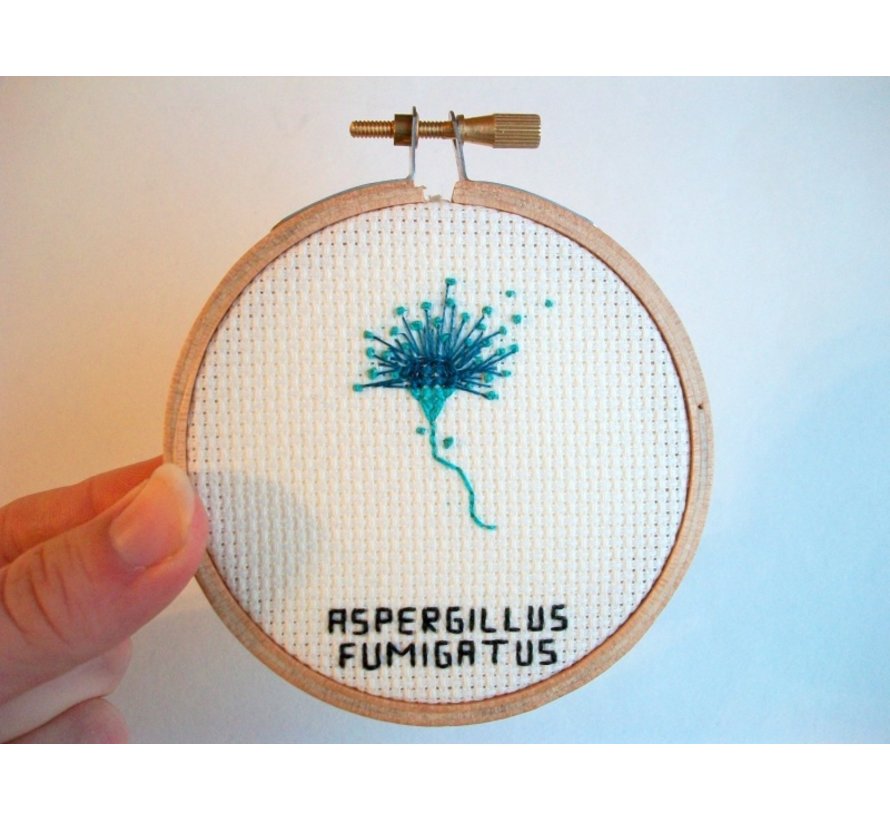Aspergillus Fumigatus fungal infection
Aspergillus Fumigatus Antigen (ASPFU from serum) : This test measures infection with the fungus Aspergillus in serum.
Aspergillus fumigatus is a fungus that reproduces by spores. The fungus can grow at temperatures between 12-56°C.
The fungus can cause bronchopulmonary allergic aspergillosis in people with weakened immune systems. A spore can start to grow out at 37°C, the body temperature of humans.
In healthy people, this fungus is usually quickly rendered harmless by the immune system.
Aspergillus fumigatus is found everywhere in the natural environment and can also be found in the nose, throat and esophagus of healthy people. Exposure to Aspergillus fumigatus in people with impaired immune systems can cause aspergillosis; an infection of the lung. Leukemia patients with bone marrow transplants are especially at increased risk. Disease symptoms include fever, weakness, chest pain, unexplained weight loss, headache, heart murmur, blood in the urine or abnormal urine color and straight, narrow lines of broken blood vessels under the nails. Aspergillus fumigatus is also the causative agent of disease in honey bee brood, where the brood is mummified.
If the titer is less than 1:80 the result is good.
If the result is on the 1:80 it is a borderline case and further testing is done for specific antibodies against apergillus fumatus, if these are lower than 30 there is no infection with aspergillus. If the result is higher than 30 there is an infection.
If the result is on the 1:80 range, it is a borderline case and it is recommended to perform the test again after 2 or 3 weeks to see if the titer rises.
More than 90% of aspergillosis is caused by A. fumigatus. The detection of A. fumigatus antibodies or significant increase in titer indicates infection. After successful therapy, there is usually a significant decrease in titer.





